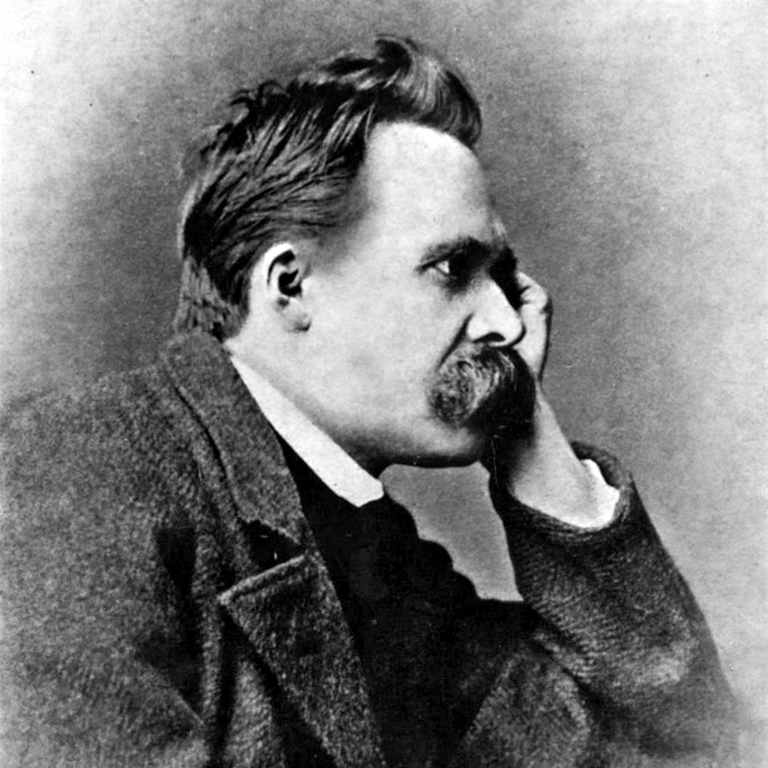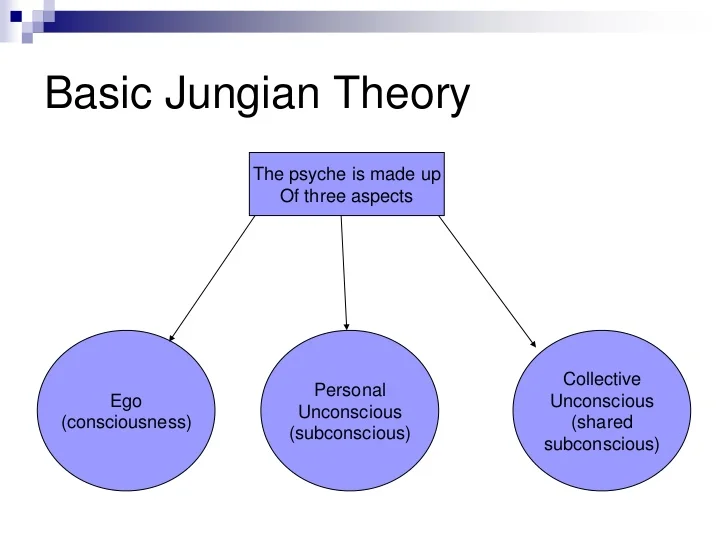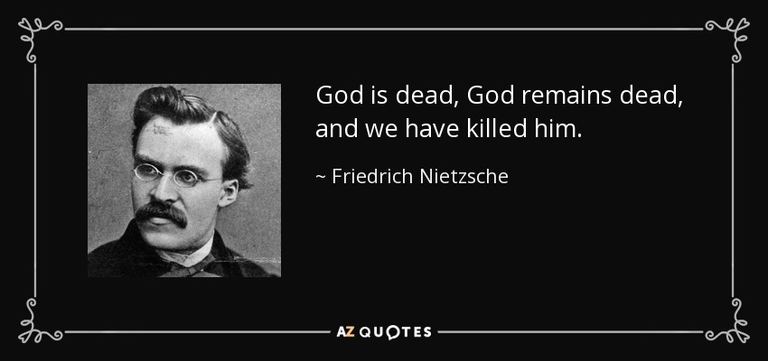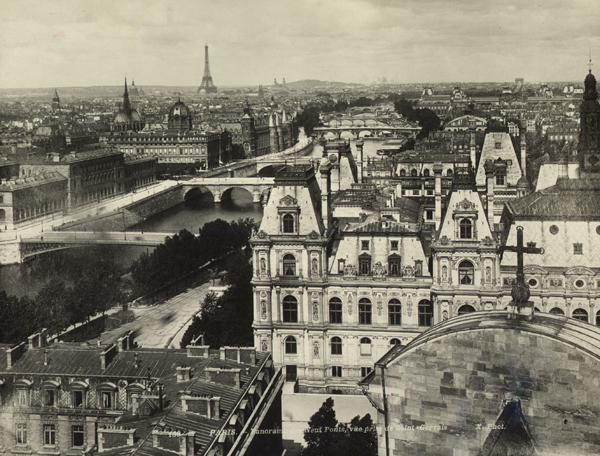'Show me the man and I'll show you the crime'
Stalin
' Show me enough of the early years, in detail, of a person - and I'll show you how their thought process today tell you everything about them'.
Lucylin

Nietzsche is regarded as being one of the most thought provoking philosophers that ever lived.
His concepts and arguments concerning the human condition, religion, and the future of mankind, rocked the established traditions of western civilization.
His own blind spots (his own psychological issues) did – in my opinion – prevent him from pursuing his own thought processes through to a higher understanding of the issues he himself raised.
Using modern psychological concepts and Jungian's psychoanalytical theory, it can be seen that
Nietzsche's own 'un-reconciled demons – his un-reconciled trauma's – were an essential component to this own philosophy – and were both good and bad.
Nietzsche's own (paraphrased) words describe this claim quite accurately.
“Supposing that I have the key to your chains, why should your lock - and my lock - be the same?”
While he might have unlocked the collective unconscious chains, (the current mode of thought) his own unresolved childhood experiences (consciously unaware ) kept his own chains firmly in place.
This resulted in an energy and passion to find 'the ultimate truth' in all things.
His own unresolved issues creating the lifelong energy within him, to be able to unlock the chains of so many others.
In modern parlance, and using Jung's theory...

...it can be shown that Nietzsche's childhood trauma's - of being a young boy when his father died who was (most significantly) a man of god, a man of the cloth, and man employed by the church.
Employed by the religious establishment of the times.
In brief - CPTSD – or Complex Post Traumatic Stress Disorder, is a psychological model that says trauma’s (mostly from childhood, but not always), shapes the way you perceive the world going all the way into adulthood, until death.
If not resolved (aka- shadow work in Jungian terms) you can, essentially, have blind spots in your psychic make up.
You can imagine the intense traumatic effect of his father dying on the young boy, the young Frederick Nietzsche and how that might create blind spots in his mind.
When you then consider his lifelong abhorrence towards all things relating to an ' established religion', and then frame it within the context of ' a traumatized child who's father was man of god, and who's god took away his father when he was just a young boy'... it's not difficult to see that the problem of an unresolved trauma, may have drove him on to the great heights that he achieved in his literary works.
The same trauma that also blinded him to evolving his own ideas?
Unaware of his own CPTSD and the demons within him that may have dictated his direction in philosophical matters, - and provided the motivation to express his hatred of all things religious and their institutions.
'God is Dead' – As he famously said.

It could be argued that this statement and the cogent logical arguments as to why this may be the case - was his own attempted intellectualization (rationalization) of dealing with his unresolved emotional issues.
Nevertheless, and whatever his motivations my have been (consciously or otherwise), his words changed the way we now look at the world and why he may be associated with the school of philosophy called 'existentialism' and 'nihilism'.
He has in my opinion been misunderstood.
*Existentialism: ...a philosophy that stresses the individual's unique position as a self-determining agent who is responsible for making authentic choices in a universe that is seen as having no purpose and is irrational.
*Nihilism:....a philosophy that rejects generally accepted or fundamental aspects of human existence, such as knowledge, morality, or meaning.
It is often associated with extreme pessimism and a radical skepticism that condemns any meaning to existence.
Nihilism rejects values a society places on people, objects, and life, and instead states that everything is meaningless.
A true nihilist would believe in nothing, have no loyalties, and have no purpose.
From my perspective - He was the epitome of the uber optimistic spirit, but one wracked by the unresolved childhood trauma's of a fathers death and with all the anguish and pain that comes with that experience.
Which was then left to ferment, unnoticed for a lifetime deep within his psyche.
With such unresolved trauma present (being totally unaware of his own demons) - He did everything that he could do to make the best of his life and scream the truth as he saw it, out into the world.
And by doing so he gave us the foundations of some radically new concepts to work with.
And the clues to a conundrum that have plagued human civilizations since recorded history began...
Religion has tried/tries to address this problem.
(Or not, as the case may be – there are some very valid arguments that not only did 'they' intentionally ignore the problem – they actually encouraged it - more about that later).
The problem that has plagued society for thousands of years was framed by Nietzsche as the Ubermensch – the 'over man' – the evolved version of the current human - And 'the Herd'.
Or rather - ' The Master and Slave Morality'
What he named as 'The ubermench – the superior version of man (and on the converse, in my words - the untermench – or the unthinking herd) is in my opinion, where we can see his unresolved trauma's come to the fore.
While his logic and argumentation were/are impeccable (I challenge anyone to see Nietzsche arguments in any other way), his own blind spots concerning the spiritual side of man, prevented him for
pushing his arguments further.
Why?
I don't know.
Maybe – just maybe - he himself realized where they must inevitably lead.
A place that he had denied in his philosophy/works.
'God is NOT dead'
He had a mental breakdown in his mid 40's and never really recovered and it does beg the question:
Was this realization of 'god is dead', to 'god is not dead', too much for his mind to bear?
Was this him 'facing his childhood demons' moment ?
As a man who possessed an intellect rarely seen throughout history – And as man that did NOT shy away from conflicts – Did he (very undeservedly) come to the conclusion that his works were of little worth, due to this 'revelations' ?
It is more than possible, I believe.
Yet his works still offer the world invaluable material.
The Nietzsche who had a mental breakdown was NOT in a rational state – was he was experiencing an emotional avalanche, composing of four decades of pent up repressed, painful emotional energy ?
Again - I do not know.
...That's the brief background of the genius that was Nietzsche - and why I believe his own blind spots (CPTSD) may have prevented him from unlocking the chains of his own mind... (until he did, and then it drove him insane?).
Before we dig into the 'Master/Slave morality' argument more fully, we need to put it in context of the times that Nietzsche was living in....

Part 2 coming up.